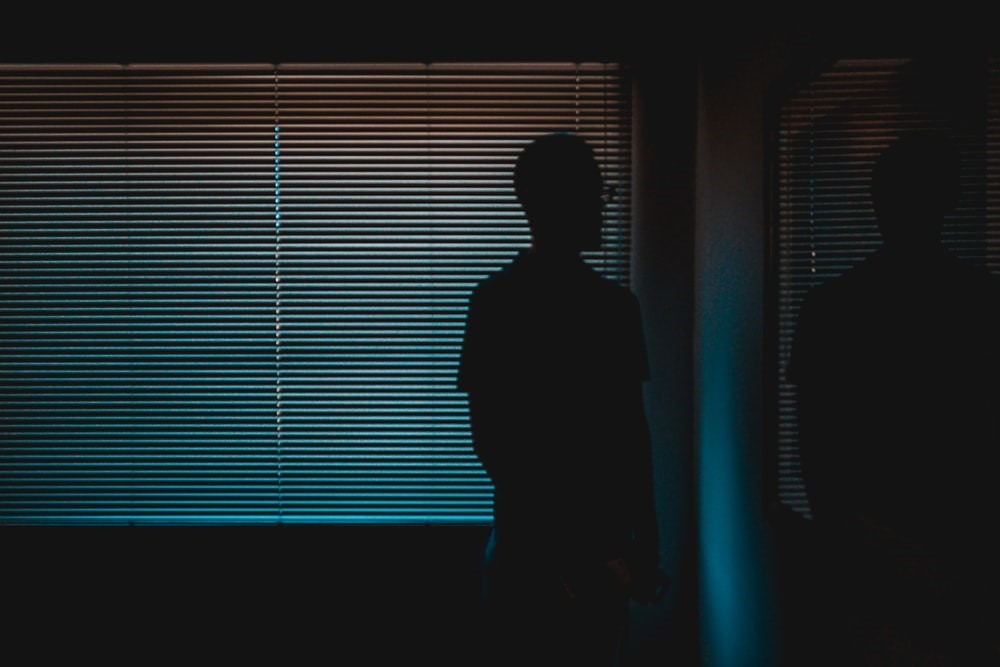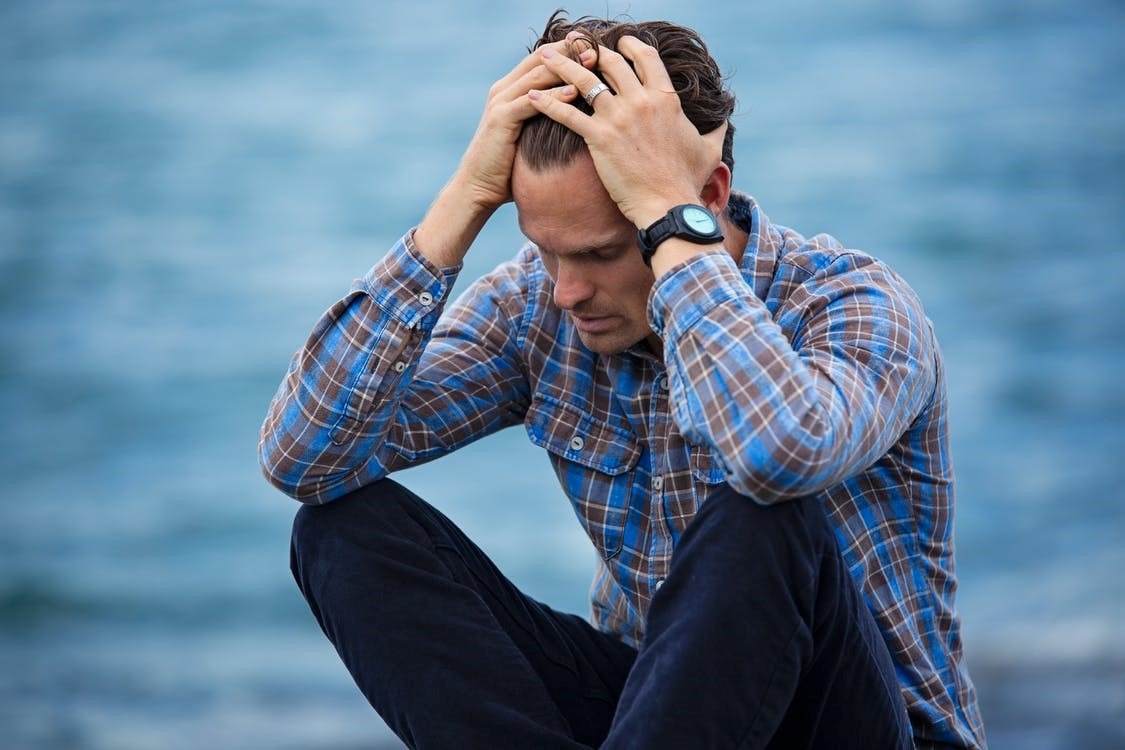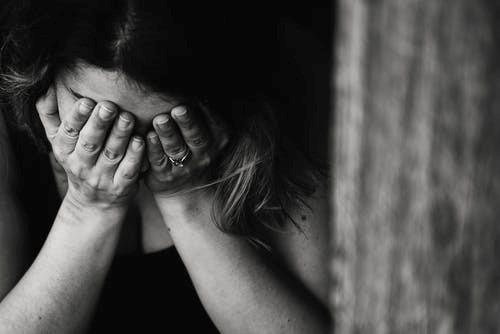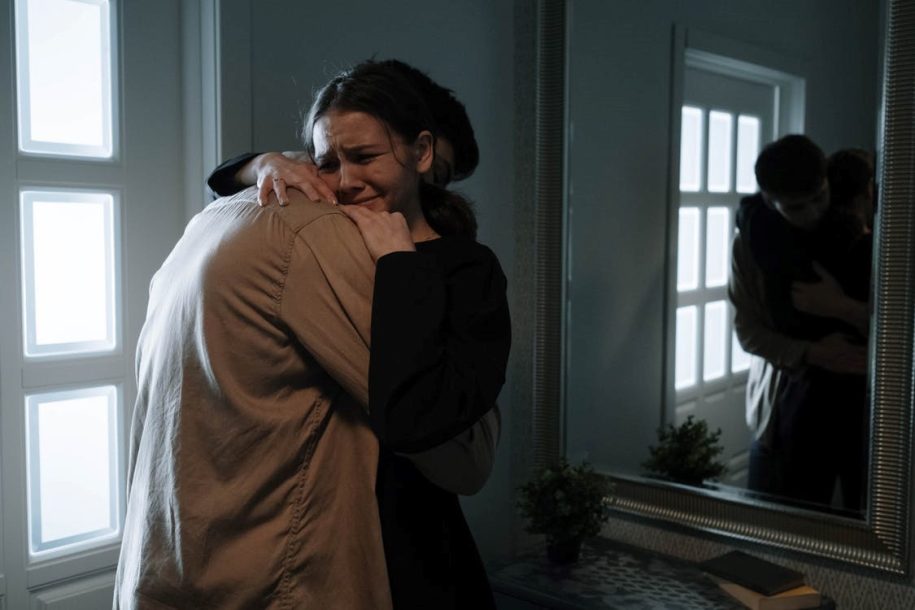Everyone faces hair loss as they grow older. When estrogen levels decrease and hormone changes occur in our body, it’s natural to lose hair. However, when one starts losing hair at a younger age, it’s concerning.
Despite how common it is, losing hair isn’t easy. When there’s so much personal and socio-cultural value and meaning attached to hair, it doesn’t come as a surprise that many of us struggle with our changing appearance.
There may be many underlying causes of hair loss—but not all of them can be treated. Often, a poor diet and lack of vitamins result in thinning hair. This can be corrected by taking supplements such as zinc, biotin, omega 3 fatty acids and eating foods such as berries, spinach, salmon, and leafy greens. However, irreversible balding is often more severe and extensive.
The main forms of hair loss in men and women are:
- Alopecia Areata: This form of hair loss refers to partial hair loss, which is generally patchy and different to generally thinning.
- Alopecia Totalis: This form of alopecia causes a person to lose all the hair on their head.
- Alopecia Universalis: Alopecia Universalis refers to hair loss from the head and body.
- Alopecia Androgenetica: This form of hair loss is commonly referred to as male pattern baldness and can affect men and women.
Around 42% of men and 40% of women at the age of 50 experience hair loss in their lifetime. The emotional toll balding takes on people’s mental health is undeniably tough, but not many people speak about the psychological impact of balding. It’s time that we change it.

Here’s how hair loss and balding can affect one’s mental health and social relationships.
Depression
Depression can affect people for a number of reasons, including challenging life changes such as experiencing hair loss and balding. For centuries, across cultures, hair has been a symbol of beauty. Known as “nature’s jewelry,” hair isn’t only considered a sign of attractiveness, but also a mirror of one’s health. Hair loss can result in feelings of low self-esteem and self-worth, resulting in high levels of depression and anxiety.
Depression can result in a feeling of low mood, loss of energy, sleep deprivation, and a lack of interest in pleasure or activities. Many people experience this as an inability to control their changing experience. Balding results in feelings of increased insecurity and anxiety, and emotional suffering. It’s even tougher when there’s such a stigma around balding and hair loss, so many people don’t have a healthy avenue to channel their feelings. Alternatively, high levels of depression and anxiety can also result in hair loss.
Low Self Esteem and Stress
Numerous studies have shown that hair loss affects self-esteem negatively. This is largely due to the beauty standards associated with hair—people may begin to perceive themselves as unattractive due to hair loss, which negatively affects confidence levels. Several studies showing that hair loss and balding result in poorer body image, and negatively affect a person’s sense of self and identity.
Experiencing baldness can result in unprecedented levels of stress. Hair loss is linked to stress, and experiencing stress can also cause hair loss—it’s a vicious cycle. Increased levels of stress not only negatively impact and decrease your quality of life, but they also result in numerous health problems. Stress can also cause problems in your personal and professional relationships, resulting in

Social Phobia
Social withdrawal and isolation often accompany major physical changes and traumatic life events, including hair loss and balding. Hair loss can result in intense emotional suffering, often resulting in personal, social and work-related issues. When the loss of hair changes a person’s appearance, they can experience extreme psychological distress, causing them to isolate themselves from the world. Hair loss can also be seen as a failure to conform to the norms of physical beauty in society, resulting in further self-isolation, damaging one’s relationship with those around them.
You might feel lonely and unwilling to socialize with people around you for fear of embarrassment. Many people experiencing hair loss and balding feel insecure and lose their confidence, and are unwilling to go out in public due to their fears. Those who experience hair loss at a younger age feel the effects of social phobia and low self-esteem more than others since they feel like they’re the only ones going through these physical changes.

Broken Relationships
Hair loss and balding is a very personal journey. Nobody truly understands the effects of hair loss, other than the person who’s going through it. With increased self-isolation and decreased confidence, people who are going through balding tend to withdraw from all their relationships.
Research has shown that when it comes to hair loss, it can be really challenging to retain professional and personal relationships. A survey showed that 40% of women who experience hair loss have marital problems, and 63% have career-related problems. When someone is going through such intense emotional pain, it’s unsurprising that their relationships suffer.
Although friends, family members, and loved ones may be sympathetic, they’ll never be able to understand what you’re feeling. They may understand that you’re going through hair loss, but they’ll never actually be able to apprehend just how difficult it is, or why you’re feeling the way that you are. You may not have a healthy outlet to channel your frustrations into, which can result in overworking and putting your body and mental health under more stress than needed.
If you feel like you’re alone, don’t. There’s still hope out there. Help is always available, be it from a professional therapist, a trusted friend, or a romantic partner. Although many people will be quick to dismiss your frustrations, know that your feelings are still extremely valid and real. Our team at Delaware Scalp Micropigmentation understands how tough and alienating it can be to lose your hair, which is why we’re offering hair loss treatment in Wilmington. Contact our scalp micropigmentation clinic for more details.

